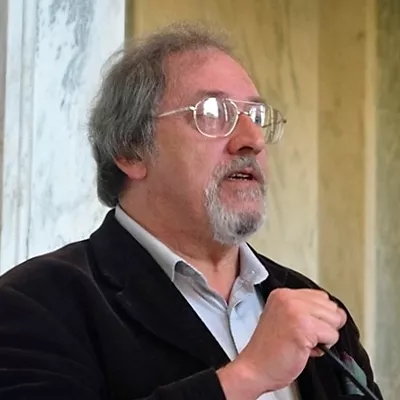

Many people overseas of Scots origin have a family story that involves a narrative of victimhood – “We were cleared off our land”’ “We were persecuted for our religion”; “We were transported as convicts and/or indentured servants”. But what was the reality? The vast majority of Scots were economic migrants who chose to leave. And most of them came, not from the Scottish Highlands and Islands or the Borders, but the Lowlands between. This was where the majority of Scots lived- speaking Scots rather than Gaelic – and which suffered greater depredations over a longer period than the Highlands. Who were these people – the destitute and distressed, or the educated and able? Where did they go, and why? What were the “Push” and “Pull” factors involved? What welcome did they receive? And why is it historically and culturally mistaken to call anyone “Scots-Irish”?









You should receive a confirmation email with a link to the webinar soon.
You’ll also receive a reminder both the day before and one hour before the webinar begins.
Didn’t receive a confirmation email?
You successfully registered for %s.
You should receive a confirmation email with a link to the webinar soon.
You’ll also receive a reminder both the day before and one hour before the webinar begins.
Didn’t receive a confirmation email?
To ensure a smooth, high-quality webinar experience, check the quality of your internet connection.
On the day of the webinar, connect 30–40 minutes before and turn off any background software. If you can’t tune in live, you can view the recording later in the Webinar Library. If joining via a mobile device, be sure to first install the free GoTo app.
Questions? Contact us or read our FAQ.
It looks like you’re already registered for this webinar
You can register for another webinar.
Didn’t receive a confirmation email?
It looks like you’re already registered for these webinars
You can register for another webinar.
Didn’t receive a confirmation email?
Something happened on our end, sorry about that
We were unable to complete your registration.
Please try again later.



 Syllabus
Syllabus
Comments
To leave a comment, please tell us who you are
Already a member? Log in